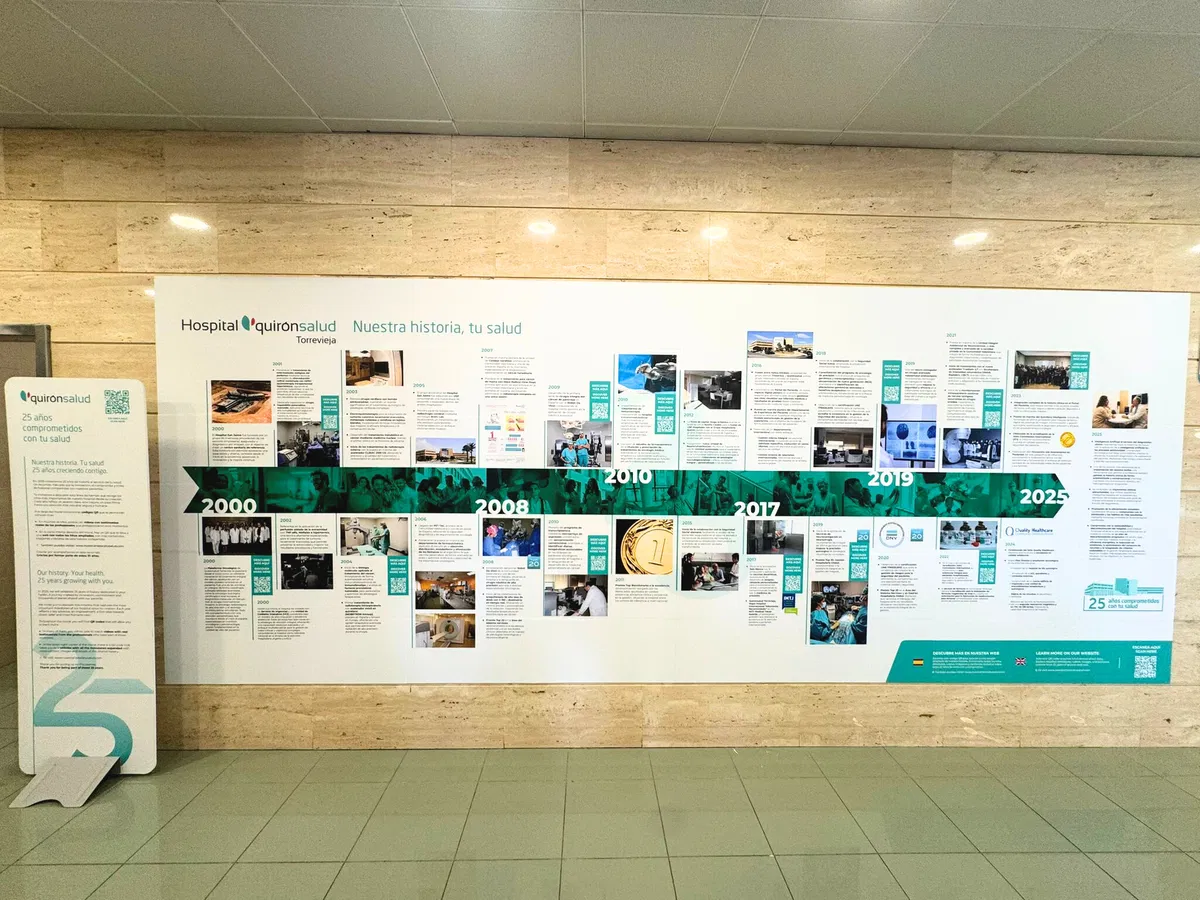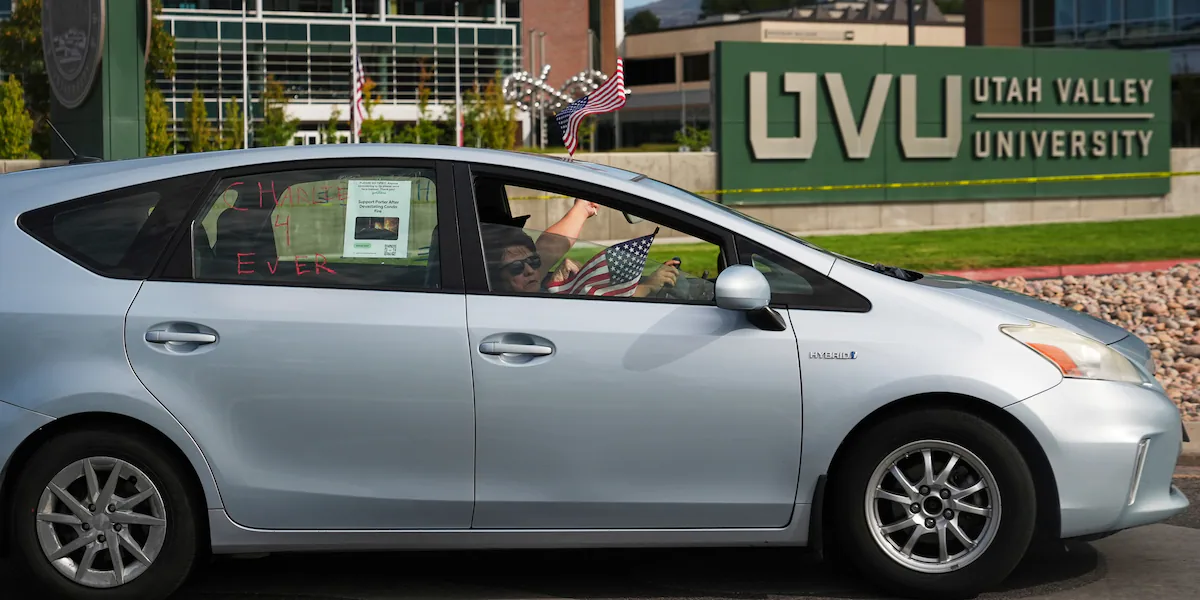The blue-collar revolution isn’t just for Gen Z. Six in 10 white-collar professionals say they’d switch for the right trades job

White-collar workers have a handful of reasons to wish for a change. Over the past few years, return-to-office mandates have chafed, unpopular with many who felt they had a better work-life balance thanks to increased flexibility. Likewise, consumers are reporting jobs are getting harder to find, and wages are outpacing inflation by a relatively small 0.8%, according to the Bureau of Labor Statistics.
So it’s perhaps little surprise that unsatisfied employees are looking to new horizons. According to the 2025 Workplace Shifts report from Flexjobs, 62% of white-collar workers said they’d swap their career for a trade if it meant better employment stability and better pay. This fit with a seeming pattern of a day dream by the desk jobbers, as 45% said they’d like to switch fields entirely, 44% to start their own business, and 40% wanted to retired early. A significant minority (29%) wanted to “do nothing for a while.”
It seems the younger generations in America’s workforce got the memo first. Gen Z sources previously told Fortune they had ditched college to instead pursue a career as a tradie—often with aspirations of building up six-figure incomes without the burden of college debt around their necks—and without a boss to answer to. Indeed, a study earlier this summer from the American Staffing Association found one in three Americans would advise high school graduates to go to trade school over college—a push which was highest among Baby Boomer respondents.
That being said, the Flexjobs report found alternative career aspirations didn’t end with trading in the desk job for a skills-based roles. Of the more than 3,000 respondents that Flexjobs spoke to, 44% said they’d like to run their own business, and 40% said if given the choice they’d take early retirement. Additionally, 34% said they’d take the chance to move abroad and 29% said they’d enjoy a career break. A little under a third—27%—said they’d like to go back to school.
The report also revealed that the working world isn’t what younger generations in the market expected, and they didn’t feel prepared by their academic endeavors for their careers. Flexjobs found 62% of millennials described their career expectations as having “significantly changed” having entered the workforce, while Gen X and Boomers were less likely to feel this way. Likewise, Boomers were the most likely (23%) to say they found no difference between their perception of work and the reality.
Potentially contributing to this gap is the fact that 55% of workers felt that their training programs or college degrees didn’t prepare them for their roles, with only 19% saying they felt totally ready for their jobs.
A tough market for young entrants
The job market has got so tough for Gen Z that it’s caught the attention of Fed chairman Jerome Powell.
Speaking in Rhode Island earlier this month at an event hosted by the Greater Providence Chamber of Commerce, Powell described what he called an unusual “low-hire, low-fire” economy: “We all see the data—it’s just gotten tough for people entering the labor force to be hired,” he said.
He added the education system may not be equipping students with the skills they need, saying: “I’m struck by how the U.S. educational attainment kind of plateaued … The United States was the first country to have gender-blind secondary education,” Powell added. “The U.S. had fast technological innovation for a century, and also declining inequality, because people were coming out and their educational capability… gave them the ability to benefit from evolving technology.”



